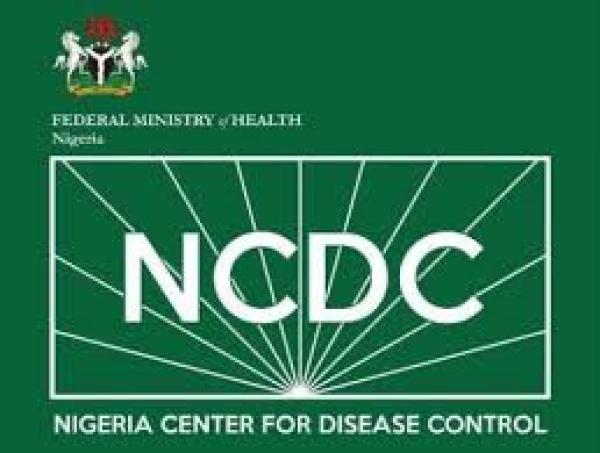
The Nigeria Centre for Disease Control and Prevention has announced that two suspected cases of viral hemorrhagic fever in Abuja have tested negative for Ebola and Marburg viruses.
The agency, in a public health advisory issued Friday, September 19, said further tests are ongoing for other hemorrhagic fevers, including Lassa fever and dengue fever.
The cases had sparked public concern following reports of suspected viral hemorrhagic fever in the capital. Ebola virus disease, formerly called Ebola Hemorrhagic Fever, is a severe illness with a fatality rate ranging from 25 to 90 per cent. Infection occurs through contact with infected animals or the body fluids of infected humans, with human-to-human transmission being the most common. Early symptoms include fever, intense weakness, muscle pain, headache, and sore throat.
“The NCDC wishes to inform the public that two recent suspected cases of viral hemorrhagic fever in Abuja both tested negative for Ebola and Marburg viruses. We are currently testing samples for other viral hemorrhagic fevers like Lassa fever and dengue fever,” the advisory stated.
The most recent case involved a traveller who returned from Kigali and immediately sought medical attention after feeling unwell. The agency praised the individual’s prompt reporting, saying it allowed health authorities to quickly activate public health measures and reduce potential risk.
“This responsible action is highly commendable and a good practice all Nigerians are urged to emulate; when you feel unwell, especially after travel, seek care early. Doing so protects you, your family, and your community,” the NCDC said.
The agency also commended clinicians and staff at Nisa Premier Hospital, Abuja, whose vigilance triggered a rapid, coordinated response. It highlighted the role of the FCT Epidemiology and Rapid Response Teams, Port Health Services, the National Reference Laboratory, airline and immigration partners, and other stakeholders in strengthening Nigeria’s preparedness.
The NCDC assured the public that anticipatory measures have been activated nationwide following recent Ebola outbreaks in other countries. These include heightened surveillance at ports of entry, alerting isolation facilities, and prepositioning infection-prevention supplies.
“We have activated multidisciplinary collaboration with federal and state health authorities, strengthened surveillance at points of entry, placed isolation and treatment facilities on alert, and prepositioned critical infection-prevention and case management supplies,” the advisory said. “Our national reference laboratories remain on standby for rapid testing, and public health teams are ready to conduct contact tracing if needed. We are also working with states and partners to strengthen readiness across all 36 states and the FCT.”
Nigerians were urged to maintain good hygiene, avoid risky contact with animals, seek care immediately if symptoms develop after travel, and rely only on official NCDC updates. Suspected cases can be reported via the NCDC Connect Centre through a toll-free number, WhatsApp, SMS, or email.
According to the World Health Organisation, 48 confirmed and probable Ebola cases have been reported in the Democratic Republic of Congo, with 31 fatalities.






















